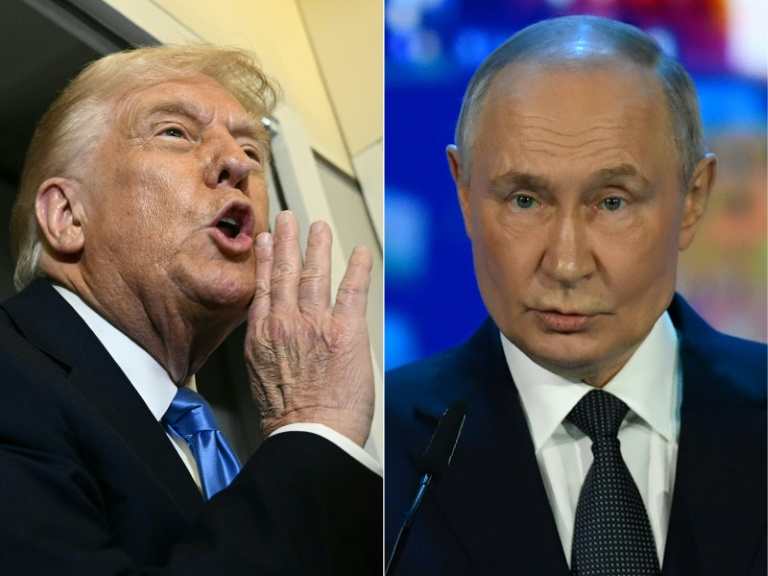China’s top diplomat opens talks Thursday in Washington as President Xi Jinping decides whether to visit the United States next month to take up the slew of rifts between the world’s two largest economies.
President Joe Biden has invited Xi to San Francisco to participate in the Asia-Pacific Economic Cooperation (APEC) summit but he has also stood firm on China in the run-up, keeping up a stream of targeted sanctions and staunchly backing US allies in disputes with Beijing.
Chinese Foreign Minister Wang Yi will begin his visit by meeting Secretary of State Antony Blinken, who traveled to Beijing in June and will welcome his counterpart for a closed-door dinner.
On Friday, Wang will speak at the White House with National Security Advisor Jake Sullivan. No meeting has been announced with Biden but an encounter is widely expected after Xi received Blinken in Beijing.
US officials have repeatedly spoken of creating “guardrails” with China to prevent worst-case scenarios and have sought, without success, to restore contact between the two militaries.
“We’re going to compete with China (in) every way according to the international rules — economically, politically, in other ways. But I’m not looking for conflict,” Biden said Wednesday as he welcomed Australian Prime Minister Anthony Albanese.
Biden issued a warning after the Philippines, a treaty-bound ally and former colony of the United States, said Chinese vessels deliberately hit Manila’s boats in dispute-rife waters — an account disputed by Beijing.
“Any attack on Filipino aircraft, vessels or armed forces will invoke our mutual defense treaty with the Philippines,” Biden said.
Tensions have been particularly high over Taiwan, the self-ruling democracy claimed by Beijing which over the past year has launched major military exercises in response to actions by US lawmakers.
China’s defense ministry on Thursday accused Taiwan’s ruling Democratic Progressive Party of pushing the island toward a “dangerous situation of war” at an “accelerated” pace.
Robert Daly, director of the Wilson Center’s Kissinger Institute on China and the United States, said Wang will likely seek assurances that the Biden administration will not “embarrass” Xi if he comes to San Francisco, either through harsh new policies or public comments.
“They would like to have a smooth glidepath and then a smooth exit from the meeting,” he said.
Daly said the two powers had very different views on bringing more stability to the relationship, with the United States having no intention of changing course from viewing China as a threat and applying pressure.
“By stabilization, we mean that we want to be able to do that without greatly increasing the chance of conflict,” Daly said.
“The Chinese view is that stabilization would mean America ceasing this relentless stream of provocations and insults such that China is free to focus on its extremely weak domestic economy,” he said.
The Biden administration in recent months has tightened export curbs on chips to China, stepped up military support for Taiwan and issued sanctions targeting individual Chinese over support for Iran’s drone program and over production of chemicals that make fentanyl, the painkiller behind an addiction epidemic in the United States.
Biden has also championed alliances in the face of China’s rise. He has forged a new three-way military alliance with Australia and Britain and promoted the “Quad” with Australia, India and Japan.
Speaking alongside Albanese on Wednesday, Biden said that he has previously spoken to Xi about the Chinese leader’s concerns, telling him, “No, we’re not surrounding China; we’re just making sure that the sea lanes remain open.”
The United States and China have also traded barbs over the conflict in the Middle East, where Biden has been Israel’s foremost ally.
The diplomacy with China comes as the United States enters an election season in which Biden’s predecessor Donald Trump, who is seeking to return to the White House, has made hawkish criticism of Beijing a signature policy. – Shaun TANDON




